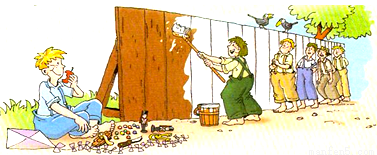��Ŀ����
��������ѧ��������Ӣ������Jim����ѧϰ�����������һЩ���ѣ���������㷢��һ������ʼ�����������ظ�һ���ʼ���Ҫ�����£�
1. ��л��������Ӣ��ѧϰ�İ�����
2. ���ܺ�����ص��Լ�ѧϰ������
3. ������������й�����������ѧϰ���顣
ע�⣺1. ����100����
2. �����ʵ�����ϸ�ڣ���ʹ��������
3. ��ͷ�ͽ�β�Ѹ������������ܴ�����
Dear Jim,
I��m more than thrilled to receive your email. ____________________________________________________
___________________________________________________________________________________________________________
Yours sincerely,
Li Hua
��ϰ��ϵ�д�
�����Ŀ



 t always easy.
t always easy. , they often reach excellent academic results.
, they often reach excellent academic results.